
10 warning signs your kidneys are failing (symptoms most people don’t know)
Kidney health is something many people rarely think about—until problems arise. Yet more than 800 million individuals worldwide face kidney-related issues, making awareness more important than ever. Your kidneys work quietly in the background every day, filtering waste, balancing fluids, and supporting overall health. When they begin to struggle, the symptoms can be subtle at first, but early recognition can make a meaningful difference.
In this expanded guide, we’ll walk through 10 key signs that your kidneys may not be functioning as they should, along with practical tips to help keep them healthy long term.
Key Takeaways
-
Kidney disease is often silent until it reaches an advanced stage.
-
Early recognition of symptoms can help prevent serious complications.
-
Simple lifestyle adjustments can support long-term kidney health.
Understanding Kidney Health
Your kidneys act as the body’s natural filtration system. They remove waste and extra fluids from the bloodstream, regulate mineral levels, support red blood cell production, and help balance blood pressure. Because kidney disease progresses slowly and quietly, many people don’t realize something is wrong until significant damage has already occurred.
In fact, more than half of people who begin dialysis discover their kidney disease only after their kidneys have failed, underscoring how essential awareness and prevention truly are.
This article will help you understand the major warning signs and what you can do to protect your kidney health before problems escalate.
10 Warning Signs of Kidney Problems
Grab a notebook—you may want to track which symptoms feel familiar so you can discuss them with a healthcare provider if needed.
1. Itchy or Irritated Skin
Persistent, deep itching can signal that waste products are accumulating in the blood. When the kidneys struggle to filter toxins, these substances can affect the skin, leading to dryness, irritation, and itchiness that feels like it comes from beneath the surface rather than just the skin's surface.
2. A Metallic Taste in Food
Changes in taste can be surprisingly common with kidney issues. Some people notice that foods taste metallic or bitter, which can cause appetite loss or difficulty enjoying meals. Over time, this may contribute to unintended weight loss or nutritional deficiencies.
3. Unusual Bad Breath
Waste buildup in the bloodstream may also affect the way your breath smells. Some people describe it as fishy, ammonia-like, or similar to urine. This type of breath odor does not usually improve with brushing or mouthwash because the source comes from inside the body, not the mouth.
4. Swelling in Legs, Feet, or Face
When the kidneys cannot remove excess fluid, swelling may appear in the lower legs, ankles, feet, or around the eyes. While swelling can have multiple causes, kidney-related swelling often feels persistent and may worsen throughout the day.
5. Constant or Unusual Fatigue
Healthy kidneys help produce a hormone involved in creating red blood cells. When kidney function decreases, the body may develop anemia, which results in lower oxygen levels. This can lead to persistent fatigue, weakness, and difficulty staying energetic even after a full night’s sleep.
6. Shortness of Breath
Shortness of breath may result from fluid building up in the lungs or from anemia. Some people notice that they become winded during mild activities or even while resting. Although this symptom is often mistaken for heart or lung issues, kidneys can also be a contributing factor.
7. Feeling Cold More Often Than Usual
If you find yourself feeling cold even in warm environments, anemia linked to reduced kidney function may be the reason. People sometimes report cold hands and feet or constant chills that don’t match the temperature around them.
8. Difficulty Concentrating or "Brain Fog"
High levels of toxins in the bloodstream may affect concentration, memory, and clarity of thought. People experiencing kidney-related cognitive changes often describe feeling mentally sluggish, forgetful, or unable to focus on tasks the way they normally would.
9. Nausea and Vomiting
As waste accumulates, the digestive system can be affected, leading to nausea, loss of appetite, or vomiting. These symptoms may come and go or progressively worsen, sometimes leading to dehydration or weight loss if not addressed.
10. Changes in Urination
Changes in urination are among the clearest signs that something may be wrong with the kidneys. These changes may include:
-
Urinating more frequently, especially at night
-
Urine becoming foamy (possible sign of protein loss)
-
Urine that is darker, paler, or has an unusual odor
-
Difficulty starting urination or feeling pressure
Keeping track of these changes can provide valuable information for a healthcare provider.
How to Protect Your Kidneys
Now that you know the warning signs, here are practical steps you can take to support your kidney health. Improving kidney function often begins with sustainable lifestyle habits.
1. Use Anti-Inflammatory Medications Cautiously
Common pain relievers like ibuprofen or naproxen can strain the kidneys when used frequently or in high doses. If you rely on these medications regularly, speak with a doctor about safer alternatives.
2. Limit Salt Intake
Too much sodium can raise blood pressure, which increases stress on the kidneys. Try flavoring foods with herbs, spices, or citrus instead of adding extra salt. Reading nutrition labels can also help you avoid hidden sodium in packaged foods.
3. Reduce Your Sugar Consumption
High sugar intake can contribute to diabetes and obesity—two major risk factors for kidney disease. Choosing whole foods and limiting sugary beverages can make a significant difference.
4. Avoid Highly Processed Foods
Processed foods tend to contain large amounts of sodium, preservatives, and additives. Swapping them for whole foods—such as fruits, vegetables, lean proteins, and whole grains—can help reduce unnecessary stress on your kidneys.
5. Choose Kidney-Friendly Foods
Incorporate foods rich in antioxidants, vitamins, and healthy fats, such as:
-
Leafy greens
-
Apples and berries
-
Fish high in omega-3 fatty acids
-
Whole grains
-
Nuts and seeds
These foods support overall health and may help reduce inflammation.
6. Stay Physically Active
Regular movement can help support a healthy weight, manage blood pressure, and improve circulation. Aim for about 30 minutes of moderate activity most days of the week—walking, swimming, cycling, or yoga are all excellent options.
7. Drink Enough Water
Hydration helps your kidneys flush out waste effectively. Most people benefit from about 1.5 to 3 liters of water daily, depending on climate and activity level. If you already have kidney concerns, consult your doctor about the right amount for you.
Final Thoughts
Your kidneys play an essential role in maintaining overall health, and recognizing early signs of trouble can make a meaningful difference. Millions of people live with kidney issues without realizing it, so staying informed and paying attention to changes in your body is key.
If any of the symptoms described in this article sound familiar, consider speaking with a healthcare professional. Early detection is one of the most powerful ways to prevent more serious problems down the road.
Share this information with friends and family—you could help someone identify an issue they may not know they have.
News in the same category


Tomato Extract: Better And Safer Blood Thinner Than Aspirin

10 Subtle Symptoms of Clogged Arteries You Shouldn’t Ignore

Blurred Vision in One Eye and a Headache
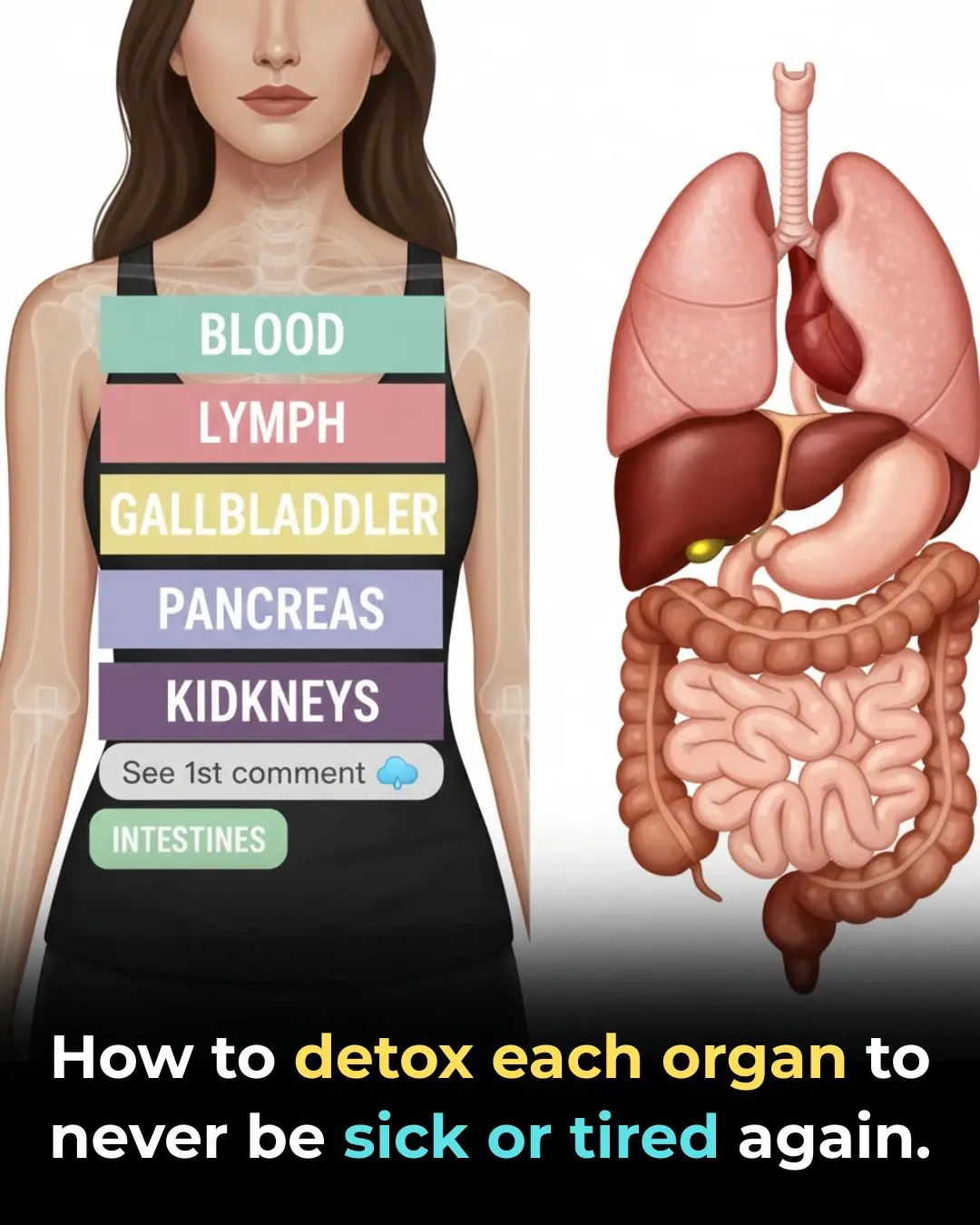
How To Detox Each Organ To Reset Your System
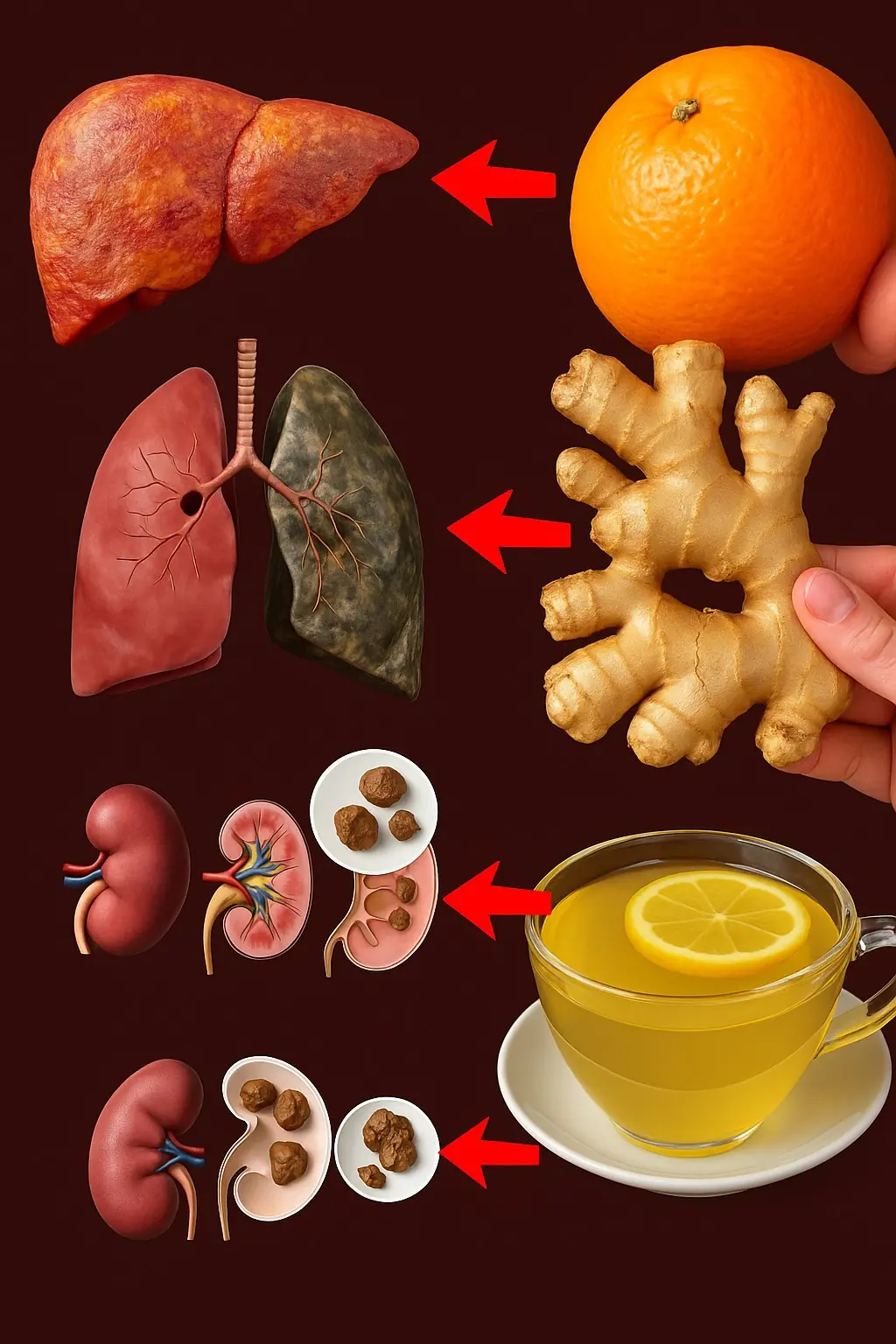
Natural Detox: Simple Daily Habits to Support Your Kidneys, Liver & Lungs

Apple Cider Vinegar: A Simple, Natural Way to Support Your Daily Wellness

7 powerful fruits that cleanse your kidneys naturally

What Can Your Urine Tell You about Your Health

Pour hot water over an apple and the chemicals will become clearly visible – the best way to check if an apple is toxic

Doritos Goes Dye-Free: PepsiCo Shifts to Natural Colors
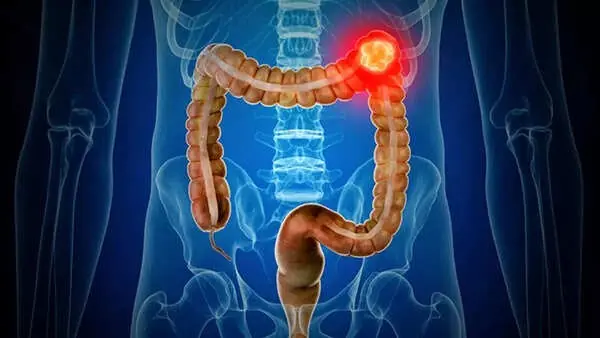
Everyday symptoms that keep appearing in people with bowel cancer

The Shocking Truth About Blood Clots and Natural Treatments That Actually Work
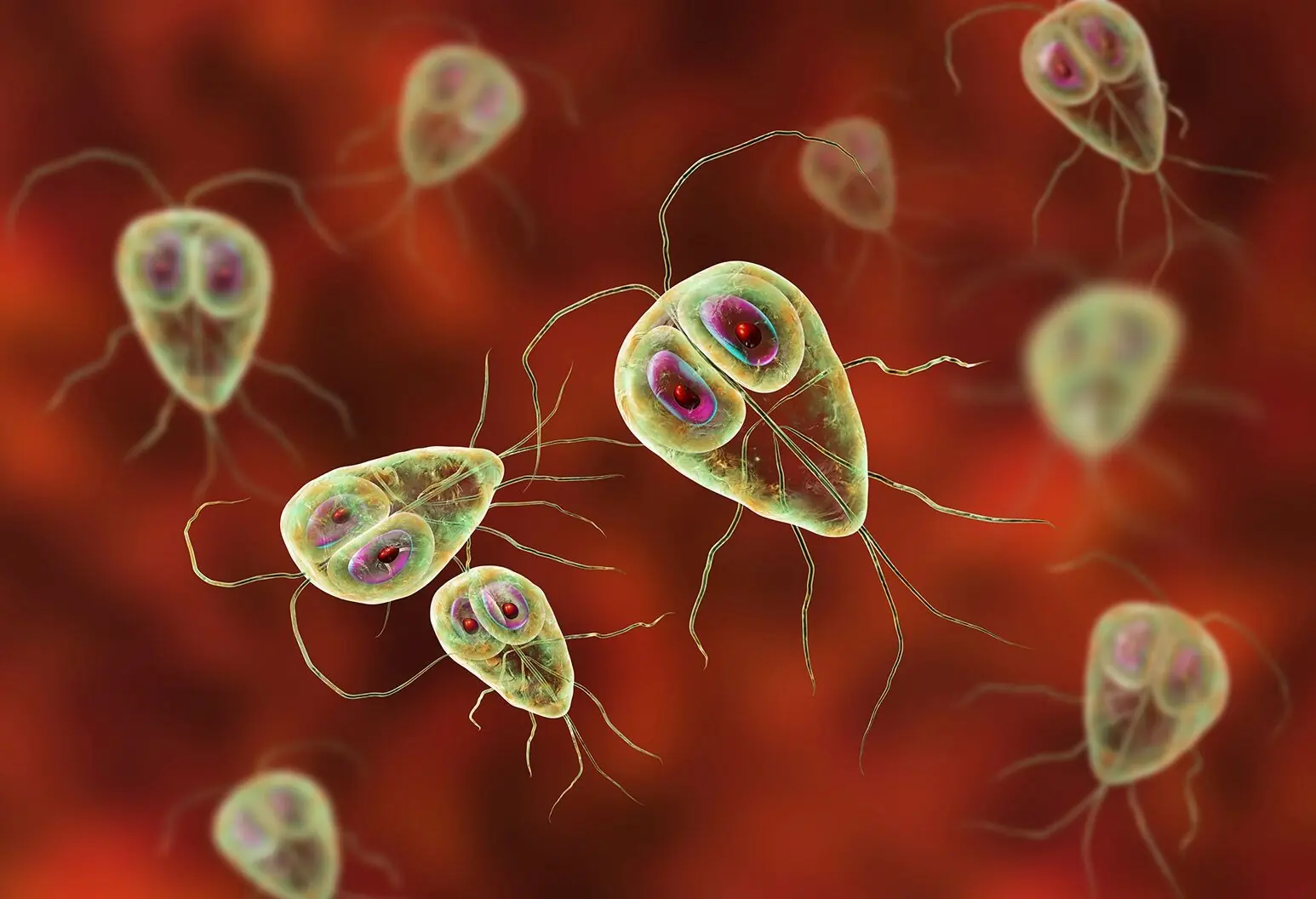
Hidden signs of parasites in your body and how to flush them out naturally
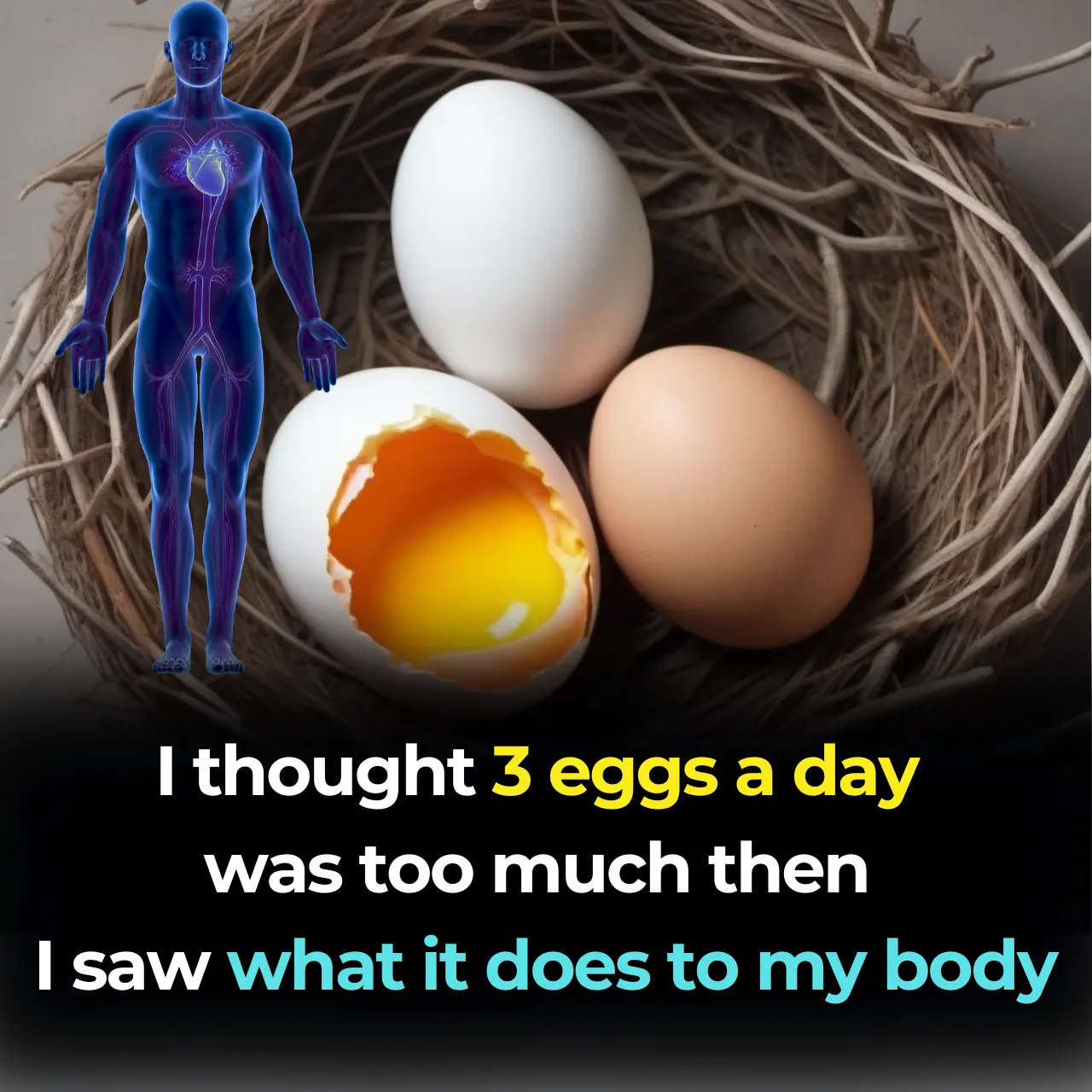
Proven Health Benefits of Eating Eggs Based on Evidence

Nanobots could be disease-fighting machines inside the body, offering a path to eternal life

Surgeon who watched online videos on amputation charged after removing his own legs

5 Estrogen-Rich Foods Women Should Eat for Hormonal Balance & Radiant Skin
News Post

This ancient seed oil may help calm knee pain better than Tylenol, study suggests

This vitamin deficiency could be raising your colorectal cancer risk — and half the world is low

Tomato Extract: Better And Safer Blood Thinner Than Aspirin

10 Subtle Symptoms of Clogged Arteries You Shouldn’t Ignore

Yarrow: A Timeless Herbal Ally with Amazing Health Benefits

The Digestive Benefits of Mimosa Pudica: A Natural Gut Cleanser

The Stone Breaker Plant: Nature’s Remedy for Kidney Stones

Secret Tips for Growing Healthy and Productive Clove Plants

The Remarkable Benefits and Uses of Mullein Leaves

Meghan Markle speaks out after Balenciaga designer revealed she invited herself to Paris fashion week

Serial Brooklyn dine-and-dash influencer caught avoiding the bill in dramatic video as local eateries wise up to scheme

A-list actress looks completely unrecognizable in new ‘Hunger Games’ trailer

Joey and Jesse Buss fired by Lakers after $10 billion sale as family feud with Jeanie explodes

I’M A CELEB HAD A SPECIAL ‘SMOKO RULE’ THAT ONLY APPLIED TO ONE LEGENDARY STAR

Tips to clean shiny enamel at home without spending a penny

WHERE TO WATCH JOEY’S FRIENDS SPINOFF AS LOST EPISODES RELEASED AFTER 19 YEARS

PARIS JACKSON MAKES SHOCKING CLAIM ABOUT $10,000,000 WORTH OF DAD MICHAEL'S WILL

How to help you travel thousands of miles without getting motion sickness
